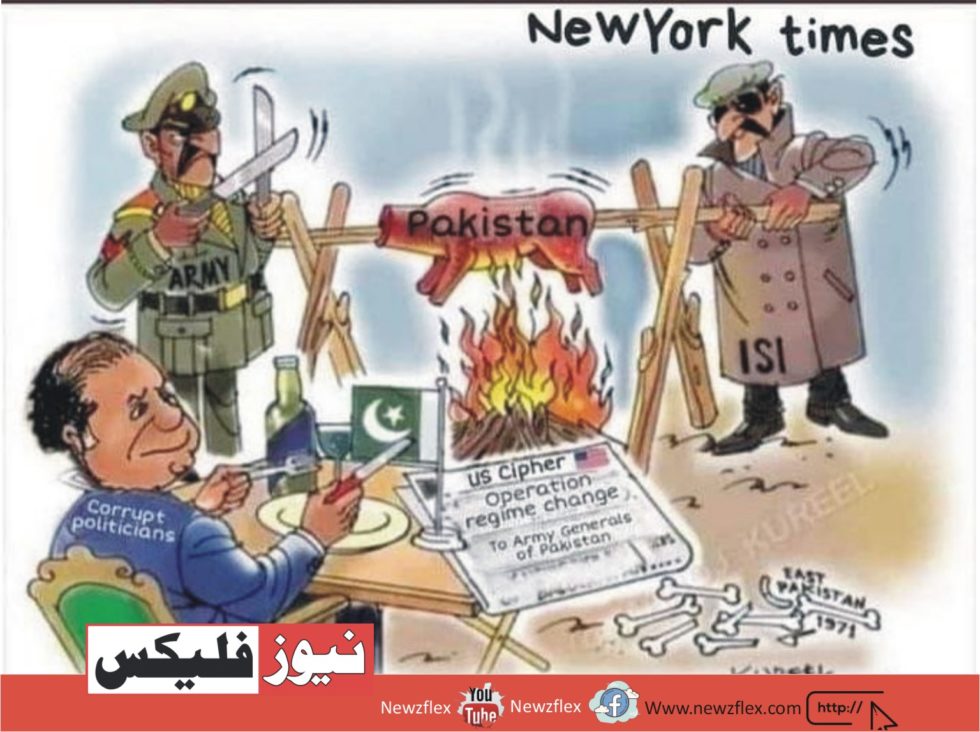
Navigating Pakistan’s Fiscal Waters: The IMF and Finance Minister Dar’s Tug of War
Pakistan’s budgetary situation has been scrutinized, especially in light of its ambitious 2023–24 budget. Ishaq Dar, the finance minister, is at the centre of the discussion because of his turbulent dealings with the International Monetary Fund (IMF). Let’s explore this complex tango between expectations from abroad and national aspirations.
Dar’s Goals and the IMF’s Anticipations
Ishaq Dar was optimistic about balancing Pakistan’s economic goals with the strict conditions of the IMF’s Enhanced Funding Facility (EFF) long before he took office as finance minister. His plan called for low-interest rates, stable exchange rates, fiscal expansion, and energy price subsidies to boost economic momentum. He often talked nostalgically about his 25 years at the IMF, claiming he could have negotiated better terms for Pakistan.
Looking Back: The IMF and Pakistan
Pakistan’s relationship with the IMF has always been complicated. Between 2013 and 2016, Dar’s negotiation prowess resulted in multiple concessions on crucial structural requirements. As a result, Pakistan was able to complete its first IMF program. But the world has changed from what it was. Pakistan’s geostrategic position, which it used as a negotiating chip, is no longer as valuable. However, Dar’s tenacity persisted, implying that Pakistan might prosper without the IMF’s assistance.
The Tale of the Budget
A budget that many considered to be a slight to the IMF was unveiled on June 9. The IMF responded quickly, calling it a wasted opportunity for change. They voiced concerns about its enormous size—a massive 50% increase over the previous one—and the lack of creative alternatives. Given the current impasse in the IMF program, Dar’s bullish financial estimates aroused eyebrows, particularly the estimated $2.4 billion from the IMF.
Pakistan’s Future Path
High stakes are involved. The fiscal stability of Pakistan is in jeopardy if the IMF does not support the country. This is demonstrated by the projected $33 billion shortfall in external resources for FY24. Even long-standing friends like Saudi Arabia, China, and the United Arab Emirates await IMF approval before acting. This unstable situation has given rise to whispers of a technocratic coup supported by the army, which might push aside elections in favour of economic recovery.
The Dimensions of Forex
The impact of the fiscal impasse can be seen in Pakistan’s foreign exchange fluctuations. Pakistan’s foreign exchange reserves may be strained by the contentious budget and the uncertainty surrounding the IMF’s funding. The possibility of a financial crisis and technocrats’ anticipated involvement could influence investor moods and cause volatility in the FX market. Click this link if you’re interested in trading forex.
Pakistan’s economic trajectory will essentially be determined by its fiscal path, which will be shaped by its dealings with the IMF and domestic decisions. This unfolding story gains further depth from the interplay between national policy and FX dynamics.








